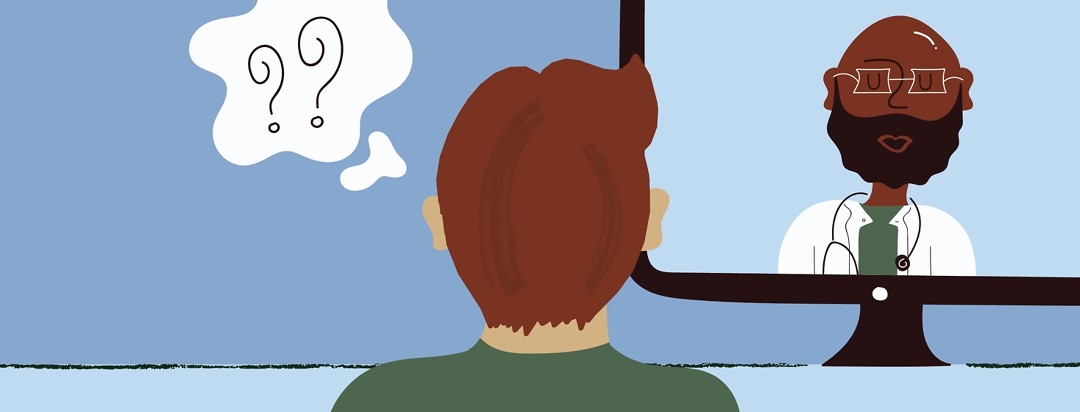Which Visitors Represent the Patient During a Hospital Stay?
The story in March that a Kaiser Permanente hospital in the San Francisco Bay Area used a telemedicine doctor to inform a patient and his granddaughter that there was nothing more doctors could do for him outraged the patient’s family.
A family's frustration
I understand their frustration. The granddaughter said that the video connection was not good and they had trouble hearing and that the monitor was placed next to grandfather’s weak ear — so she had to keep repeating information to him.
This was obviously less than ideal from the family’s perspective. There is so much about a hospital stay that can be frustrating. While the hospital was likely trying to be efficient, the distress—and subsequent controversy it caused—probably negated any efficiencies.
The controversy surrounding the story has focused on the question of why a telemedicine doctor was the means of communicating that there were no more treatment options.
Which visitors represent the patient?
In my mind, though, the case raised another pertinent and compelling question about a family’s experience in the hospital: which visitors represent the patient during a hospital stay and with which visitors should doctors and staff share medical information?
I logged many hours in hospitals when my late husband had bladder cancer. I logged more hours with other family members in the last decade as well. One aspect of the experience has been consistent: spending a lot of time waiting in the hospital room for a relevant specialist to visit and update us on the patient’s situation.
Doctors arrive at unexpected times
Nurses are pretty good at writing on the patient’s whiteboard (that is now in every hospital room) who the key family member contacts are and how to reach them. Nonetheless, doctors still will appear at unexpected times, ready to deliver significant news. I understand how it is tough for doctors to know exactly when they can visit. But I’ve often wondered whether there couldn’t be a better way to give a heads up that they are on their way—kind of the same way a company calls you 45 minutes before delivering your new couch, for instance.
Family members need notice
Without such advanced notification, what tends to happen is that a key family member—a spouse or an adult child—steps away after hours by the bedside and then the doctors arrive. I couldn’t help but wonder if this was what happened in the Kaiser story. While the granddaughter who was at the bedside during the telemedicine consultation was an adult, two other key relatives had left for a short time. Would the outcome or the experience have differed had they all been there?
Is there or should there be a responsibility for the medical professionals to speak to a family at the time and place that the family designates rather than at the convenience of the medical staff?
This question has nagged at me for years as I have experienced multiple instances in which, after long hours of waiting, I took a brief walk to a vending machine or stepped outside for some fresh air. I would return to learn that the doctor had come by and would come back “later,” with no guidance on when later was.
The problem with updating the patient by him or herself
Or I would learn that the doctor had updated the patient by him or herself. This may be fine. But it depends on the patient and his or her alertness, medication level, ability to retain information, and ask relevant questions as well as explain it later to family members. In my experience, many patients are not well situated to do this if for no other reason from the fatigue and stress of being in the hospital.
I think the American healthcare system can do a better job of ensuring that key family members are kept updated and that it happens on a schedule that works for the family and patient.

Join the conversation